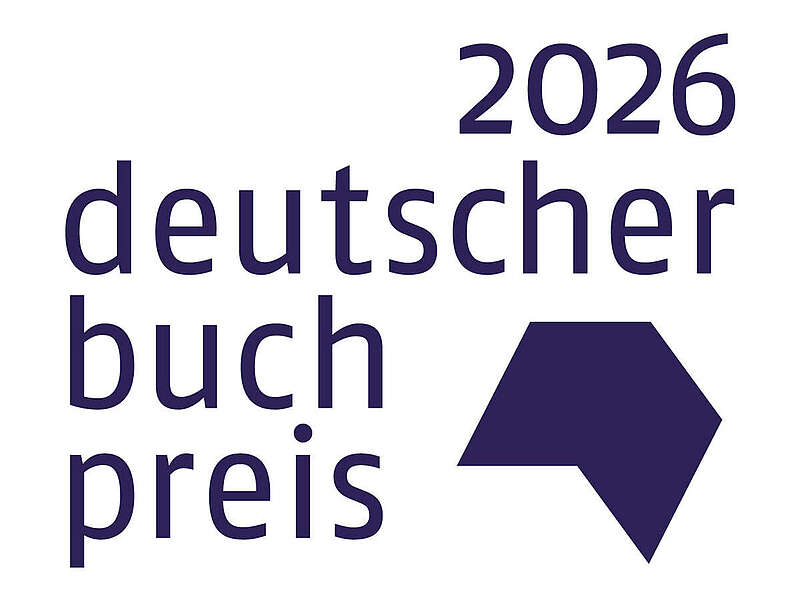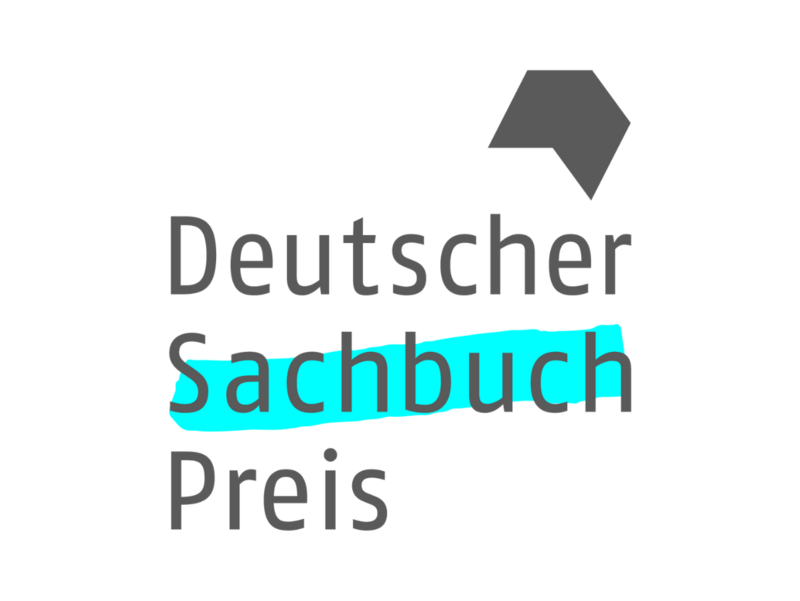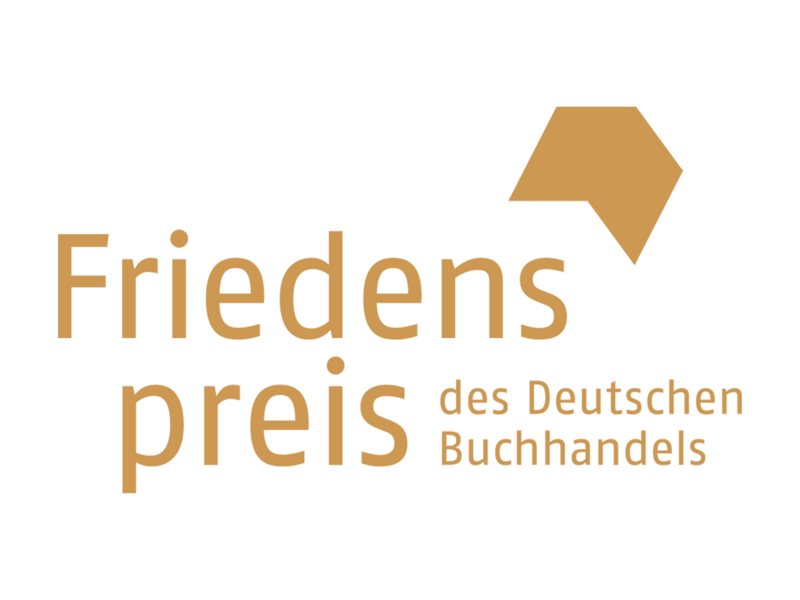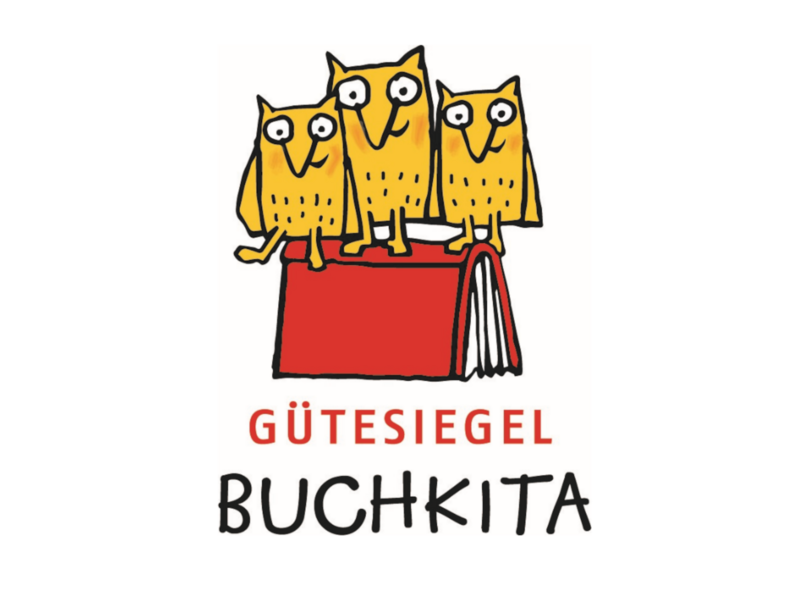The German book market remains resilient in challenging times.
Turnover growth of 1.8 per cent in 2024 / Young buyers and audio continue to drive growth / Economic situation for many in the industry remains challenging / Calls for AI regulation and reduction of bureaucracy
Erstellt am 10.07.2025
Despite the challenges posed by the demanding economic situation, the book industry has recorded positive results overall for the year. The industry’s turnover rose by 1.8 percent in 2024 compared to the previous year. A passion for reading, especially among young people, and the growing audio segment continue to ensure high demand for books. At the same time, the industry remains concerned about the precarious situation regarding reading literacy, inadequate attempts at regulation in the field of generative AI and the urgently needed measures to reduce bureaucracy. These developments and other key economic figures were presented today by the Börsenverein des Deutschen Buchhandels (German Publishers and Booksellers Association).
Karin Schmidt-Friderichs, Chairwoman of the Börsenverein says: "The book market is holding its own in tough times. From novels and non-fiction to books for children and teens or textbooks, the book industry provides reliable content and compelling narratives that offer orientation, context and perspective in an increasingly challenging and complex world. This positive development of the book market is being propelled by an enthusiasm for books among young people aged 16 to 29, for whom the industry creates attractive and well-targeted offers. More than half of the books sold are now backlist titles, i.e. published a year or more before purchase – a sign of the market's long-term stability and the timeless relevance of its content. Moreover, the audio segment continues to boom, driven by digital sales channels."
Peter Kraus vom Cleff, Managing Director of the Börsenvereins explains:
“The cultural and creative industries are a highly significant economic factor in Germany – with the book market representing the largest segment in terms of content-related revenue. Yet the economic impact of global turmoil, from wars to crises, is also being felt in the book industry. Consumer confidence remains low and the tendency to save money is high. This is also reflected in the subdued half-year results for 2025. However, the traditionally strong second half of the year is still ahead of us.”
According to Karin Schmidt-Friderichs, the ongoing enthusiasm of young readers gives cause for optimism about the future. The Börsenverein is calling on the new federal government to continue the KulturPass for 18-year-olds, which has proven to be an excellent way to introduce young people to cultural offerings. At a fundamental level, the association sees an urgent need for action in the promotion of reading. Schmidt-Friderichs says: “Interest in books is high, but we are only reaching those who are functionally literate. One in four children is left behind because they lack sufficient reading skills. And the consequences of this educational crisis continue: according to the latest PIAAC study, one in five adults living in Germany reads at the level of a ten-year-old child or less. Policymakers are standing idly by, yet what this country urgently needs is an effective and comprehensive strategy to promote reading.”
Artificial intelligence remains a central topic for the industry. According to Peter Kraus vom Cleff: “Publishers, bookstores, and logistics companies are intensely exploring possible applications of AI, for example to streamline business processes. However, when it comes to generative AI, key issues remain unresolved at the political level, such as how to deal with the millions of copyright violations through the training of AI models, the spread of fake news or the need for transparency for consumers regarding the use of AI. Policymakers must establish clear rules here and curb the power of digital oligopolies, which are not only stealing content on a massive scale but are also increasingly influencing public opinion and politics. In view of ongoing cost pressures and excessive bureaucracy, we also call on the new federal government to eliminate bureaucratic monstrosities, for example, by simplifying the EU deforestation regulation in a practical way. Furthermore, structural funding for publishers must finally be introduced to sustainably safeguard diversity in the book market.”
Overview of the 2024 figures
In 2024, the industry generated a total turnover of 9.88 billion euros (2023: 9.71 billion euros). Both physical bookstores, which remain the largest sales channel for books, and online book trade increased their turnover. Compared to 2023, revenue from physical stores rose by 0.6 per cent to 4.08 billion euros, giving the retail book trade (excluding e-commerce) a 41.3 per cent share of total industry turnover. The online book trade, around half of which is attributable to the online stores of physical bookstores, rose by 4.4 per cent to 2.51 billion euros. Thus, the online book trade accounted for 25.4 per cent of turnover in the overall market in 2024.
The key product groups including fiction, books for children and teens, school and learning as well as non-fiction, also reported positive results in the short and long term. Fiction, the largest product group which accounts for 36.6 per cent of total turnover, recorded an increase in turnover of 4.3 percent in 2024 compared to the previous year. Indeed, compared to 2019, it has grown by 22.3 per cent. Turnover for books for children and teens increased by 0.6 per cent compared to 2023, up 8.8 per cent compared to five years ago. These two product groups also include titles for young adults and new adults, which are highly popular with the young target group. Non-fiction books saw an 8.1 percent increase in turnover in 2024 compared to the previous year (compared to 2019: +3.8 percent), and the school and learning segment grew by 3.8 percent (compared to 2019: +6.3 percent).
In 2024, more than half of books sold in 2024, specifically 57 per cent, were backlist titles i.e. published a year or more before purchase. This share has grown in recent years: in 2014 it was at 48 percent, with new releases still leading the market at 52 percent of sales.
The number of first editions continues to decline, with publishers focusing strategically on target group and needs analyses in their title planning. In 2024, 58,346 new titles were published, 3.1 per cent fewer than in 2023 (60,230). However, the number of translations into German remained stable at the previous year’s level at 8,756 (2023: 8,760). The share of translated titles in all new publications grew slightly from 14.5 to 15 per cent.
Licence sales rose by 2.2 percent in 2024 after two years of decline. German publishers sold 6,669 book rights abroad last year, compared to 6,527 contracts in 2023. The key buyers were China, Italy and the Czech Republic. Books for children and teens remain the most important product group in the book content licensing business, accounting for 38.9 percent of all contracts, followed by fiction with 23.2 percent.
In 2024, trade for ebooks stabilised with an unchanged turnover share of 6.1 per cent on the consumer market (excluding school and reference books). Turnover itself grew by 2.2 per cent. There continues to be more movement in the audiobook segment. Here, turnover rose by 49.6 percent compared to 2019, most recently by 7.3 percent from 2023 to 2024. The digital business is currently driving this growth: downloads now account for 49.2 percent of audio turnover, streaming for 43.4 percent and CDs for only 7.4 percent. Streaming has seen the strongest growth in turnover since 2019, namely 226.9 percent. Downloads increased by 77.8 percent over the same period, while audiobook CDs lost 71.3 percent.
The number of people buying books declined in 2024 by 2 per cent compared to the previous year. However, this does not apply to consumers aged 16 to 29. The number of people buying books aged 16 to 19 in this group grew by 9.6 per cent in 2024 and by 7.7 percent in the age group 20 to 29 thus increasing the buyer reach in these age groups. Around one third of people in this age group now buy books.
Half-year results 2025: Despite a strong year in 2024, turnover this year remains subdued. After the first six months, turnover in the central sales channels is down by 3.3 percent compared to the same period in 2024. The fiction category, which continues to perform strongly, was again an exception, recording a 0.9 per cent increase in turnover in the first half of 2025
Sources and further information
The figures on the shares and changes in turnover of the product categories in 2024, sales of the backlist titles and first editions, as well as the figures on development of sales, price and turnover in 2025 are taken from the Media Control retail panel. The development of audiobooks is based on the audiobook monitor of Media Control in cooperation with the audiobook interest group of the Börsenverein. The buyer figures (total consumer market by age group, ebooks and digital audiobooks) and data on the market development of ebooks are taken from the YouGov Consumer Panel Media & Entertainment. All other figures are based on surveys and calculations by the Börsenverein.
Figures and statistics of the 2024 book market are summarised in the publication "Buch und Buchhandel in Zahlen 2025" (Books and Book Trade in Figures 2025), issued by the Börsenverein and published in August by the technology and information provider MVB.
Service
All the current figures on the German book market can be found at www.boersenverein.de/buchmarkt







